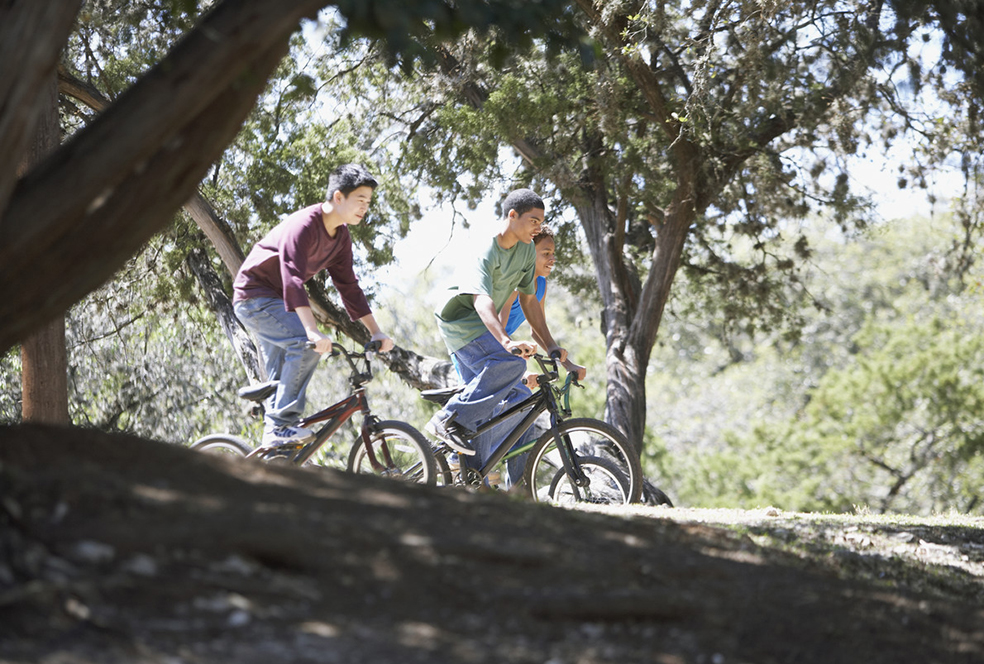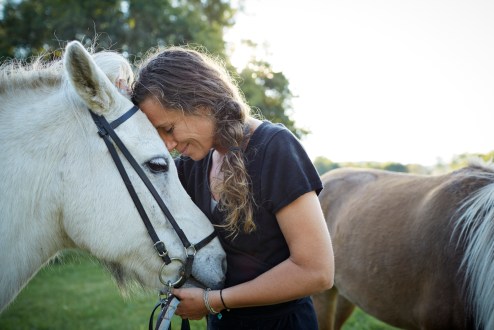Dealing with a hyperactive son
How do you guide a teenager to adulthood when he’s just been diagnosed with ADHD? Ilona Boniwell is finding out

Recently, my step-son Hugo was diagnosed with ADHD (Attention Deficit Hyperactivity Disorder). Finally, everything fell into place – having to repeat the same request a minimum of five times, receiving a knife in response to a request to pass the salt at the table, his anger outbursts, his inability to finish a single book, his teachers tearing their hair out…
The diagnosis came far too late; he is nearly 17 now. The psychologist and psychiatrist told us that medication was unavoidable if we want him to succeed at school, and congratulated us on getting him this far without specialist help. It looks like our ideas were right – getting a private maths teacher, pushing Hugo to do activities in which he can experience personal success, building his confidence and self-esteem… but there is much more that still needs to be done.
So the verdict is Ritalin, or one of its many variations. This is really hard for me to accept, given my devotion to psychosocial rather than medical approaches to treatment. Even worse, first we have to get the dosage right. We change the dosage weekly, and up and down the roller coaster of moods and temper outbursts we go. He is now on the maximum dose and it is kind of helping. ‘Kind of’ is an accurate description – he can now get through a three-hour test and spends less time looking out of the window during the school day, but still forgets everything everywhere (living in two houses does not help), as the newly adjusted brain hardware does little to compensate for the lack of acquired skills.
The other teens in our family look serious when we talk to them about it, but the effects don’t last. ‘Why are you spending so much more time on him than on the rest of us?’ is a common refrain. This is one of the realities of living with difference – accepting that it takes more time to address the many problems of daily living.
For example, the question of what next for Hugo? Here, we are juggling a delicate balance between dreams and reality. Often young people with ADHD have trouble projecting themselves in the future. ‘What sort of job do you want?’ ‘I don’t know.’ ‘Describe a perfect day in the future.’ ‘I sleep until about 11am, then go the BMX park with my friends.’ My husband and I are going round in circles.
At school, Hugo likes art and theatre, hates maths and is good at sport, but this is hardly enough for a robust career diagnostic. Raising five children, I have come to realise that one of the primary roles of a parent is to be a ‘strengths detective’ in order to really understand what makes them tick.
Hugo’s primary strength is creativity, followed by adventure, action, love of beauty, courage, curiosity, persuasion, recognition and resilience. He is a good leader, but a bad team-player and a disastrous time-organiser. He would be great in any risk-taking profession (but his father does not want to hear of it), might be a good designer, or architect able to persuade someone to commission a project.
The search goes on…
More inspiration:
Read The Boy From Hell: Life With A Child With ADHD by Alison Thompson (CreateSpace, £11.49)
Learn Discover more about positive psychology generally by taking an MSc in Applied Positive Psychology at the Anglia Ruskin University.
Dr Ilona Boniwell, course leader for the International MSc in Applied Positive Psychology at Anglia Ruskin University, is an expert on family. She lives with her husband, their baby and four teenagers from their previous marriages, and understands the joys and struggles of modern family life.
Photograph: Jack Hollingsworth/Corbis








